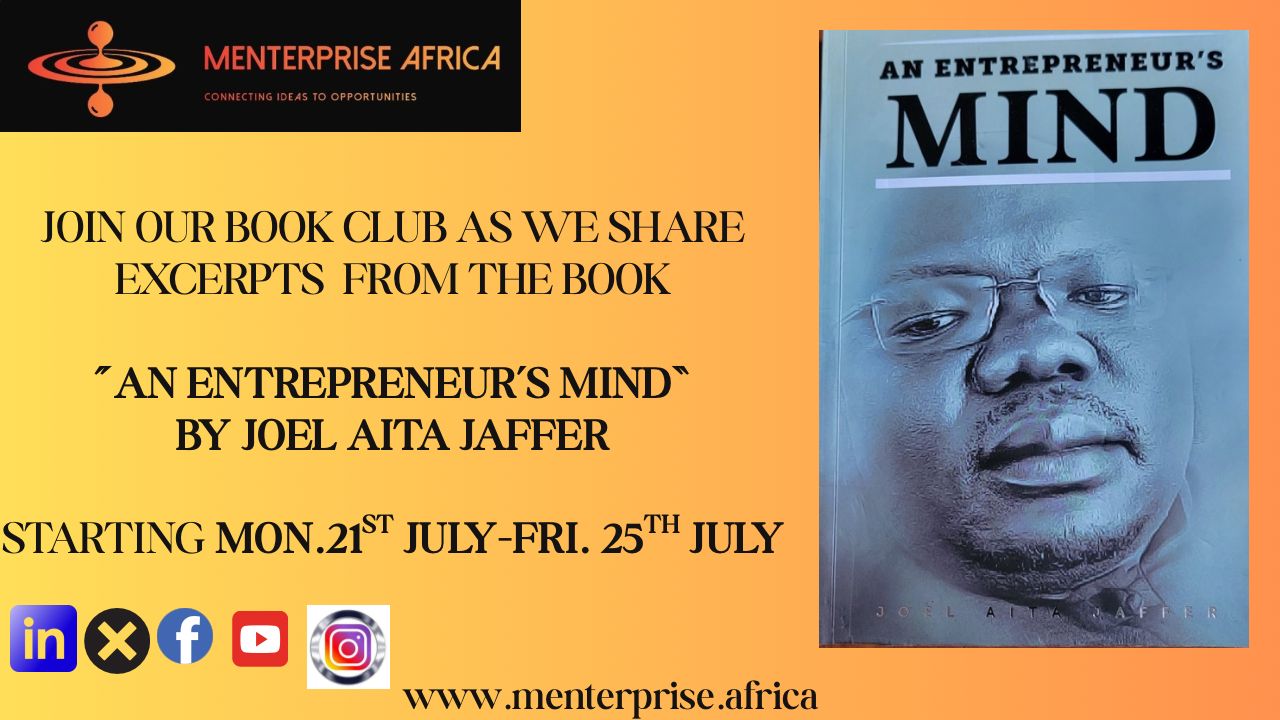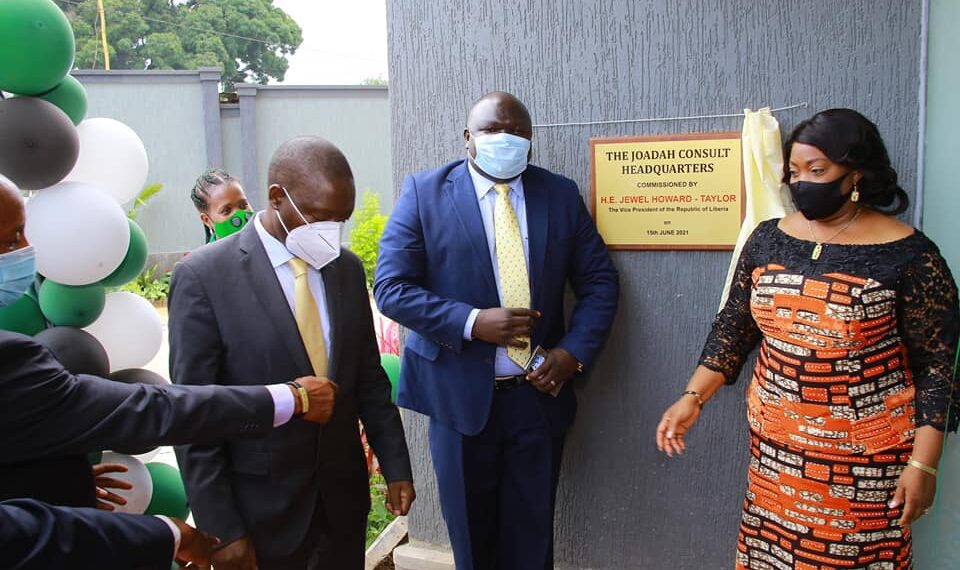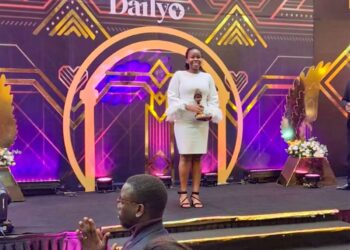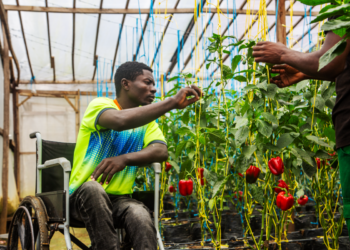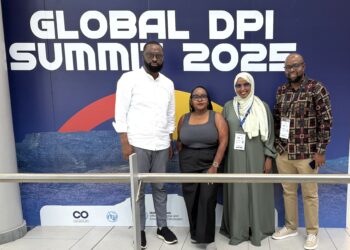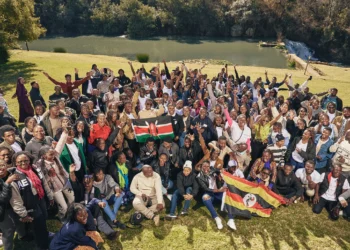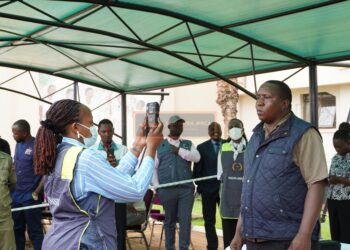In the first of our five-part series of excerpts from The Entrepreneur’s Mind, a book by Ugandan entrepreneur and engineering specialist Joel Jaffer Aita, he writes about his early life story and the business ventures he went into at a young age that helped to shape him into the entrepreneur that he turned out to be in his adult life.
Born on 9th [of] April 1980 to Isaac Jaffer Anguyo and Salome Anguyo in Arua (but a native of Yumbe District), I started my education journey in Muni Primary School in Arua. Later, I joined Arua Demonstration School following my parents’ transfer from Muni Teachers’ Training College to Arua Teachers’ Training College as tutors. I studied my Ordinary and Advanced levels in Mvara Secondary School before joining Makerere University for a Bachelor’s Degree in Civil Engineering.
I am married to Jane Adah, and we have four children: Hannah Inzizu, Johannah Mungusi, Ben-Baruch Aita II and Netanya Onyiru.
Raised by parents who were teachers, you can imagine the kind of disciplinary environment I grew up in. It came in double portion! I remember an incident in 1987 when I failed to give proper attention to our goats by changing them from one grazing place to another. For that particular evening, they were not satisfied.
Sensing I would be in hot soup, I came up with a quick plan. I moved them into a potato garden belonging to Mr. Barnabus Avinyia, the College Principal. After two hours of grazing, the goats were more than satisfied, for they had eaten everything in the garden. On arrival at home, my father was [so] excited that he tipped me. No sooner had I received the money than Mr. Avinyia arrived. He took my dad aside for a discussion, and after like thirty minutes, my father came back and asked me to join him in the master bedroom. The canes I got; I will never forget! It was a life lesson never to be caught on the wrong of the law.
Growing up, the festive season was always time to go shopping for new clothes, shoes and so on. This, though, did not come freely! We had to earn it, by supporting our parents to plant eucalyptus trees. For each tree you planted, you earned 200 shillings. This involved digging the hole, filling it with manure and collecting the seedling from the forestry department (which was located 2km away) and planting it. When all is done, your trees planted would be counted and multiplied by 200, and that would be your Christmas shopping money. This taught me a lot about finances; money is never earned on a silver plate. It comes through hard work! Me and wife are trying to inculcate the same values in our children, by taking them to the farm to work before we pay them.
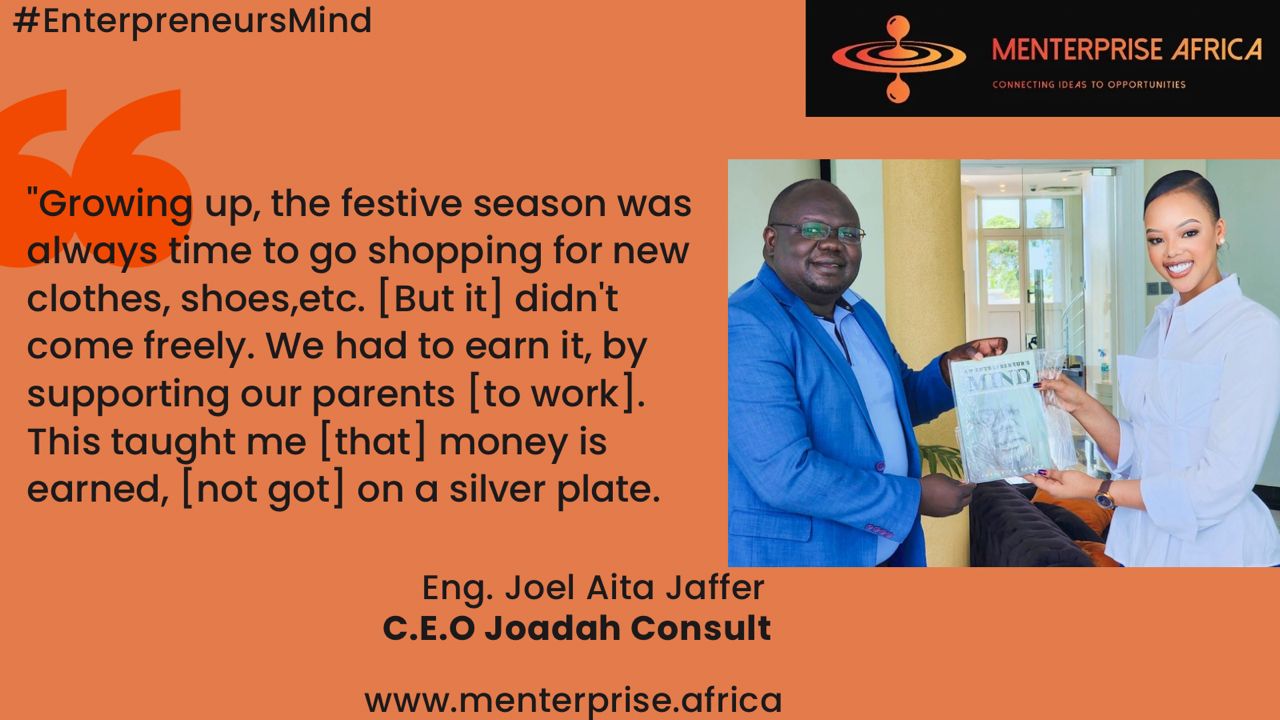
With this background, I started being creative at an early stage. My first business was mining and selling sand. Our family home is located near a river commonly known as River Jordan in Arua City. At 14, I saw an opportunity to make money, by mining the sand from the river for commercial purposes. I would employ strong and able-bodied boys, some older than me, to do the mining, and once I made the sales, I would pay for their labour. I made a lot of profits but sometimes [incurred] losses. I remember a businessman who took my two trips of sand and never paid me a penny.
My second attempt at business was knitting sweaters. My Mother owned a Germany-made knitting machine called Knittax. The machine was lying idle at home. So, in my senior four vacation, I decided to learn how to use the machine from a family friend. My biggest clients were schools that ordered sweaters for their students. This business sustained me until I joined university. I employed two South Sudanese refugees who operated the machines. However, with peace returning to their country, I lost my valuable workers as they returned to their country. With my bachelor’s degree taking a toll on me, I could not mange to have a keen eye on the business. As a result, I had to close the business, leaving the machine idle at home until to-date.
Like the English saying goes that if one door closes, another one opens, I did not give up trying out with business. My third business was on campus and it was in secretarial services. When I got industrial training funds, I was able to get part of it to buy a screen desktop computer, a printer and a cartridge refiler. When campus resumed, I started the printing business in my university room. I would print at half price since I could refill the cartridge. I could make 100,000 Uganda shillings daily. Since I had not learnt the virtue of saving, I would spend all my earnings enjoying life with friends.
It is in my third year in 2003 that I started questioning myself: “What do I want in life?”’ I took a day off to meditate about my future. It occurred to me that I needed to set up my own company. I was also aware that this would require some mentorship from established companies. In the meantime, I came up with the name Joadah, created from combining my names Joel and Adah. By then, I had a girlfriend Jane, who would later become my wife.
Between 2004 and 2007, I worked for two companies: a construction company and a consultancy firm. At the time, I did not know what I wanted to become a contractor or consultant. So, I worked for H. Young an Israeli construction company on the Jinja-Bugiri road and thereafter with Beller Consult, now Fitchner on the Entebbe water project. This introduced me to both worlds and gave me chance to choose what to do with my company later.
In 2007, I felt ready to establish Joadah Consult. This was in fulfilment of the target of working for others for only two years before I established my own company that would grow to ten African countries by 2025. Indeed, in 2007, we were able to set up Joadah Consult. By 2020, were in five countries and plans are in the pipeline to move to more countries in the coming years.
We have grown our tentacles in other fields. We are in the financial sector through Vendor Capital Finance, in the construction sector through Development Infrastructure, in the agriculture sector through Gloveg Agri and Dependable Farms, Reliance Steel and Aluminium for steel fabrication.
In the second part of this series, Eng. Joel Jaffer Aita talks about the importance of youth mentorship and explains the important issues that young people must know before venturing into entrepreneurship.
To buy a copy of Joel Aita’s book, please log onto his personal website, www.joelaita.com, click on the “My Book” section and make your online purchase.
